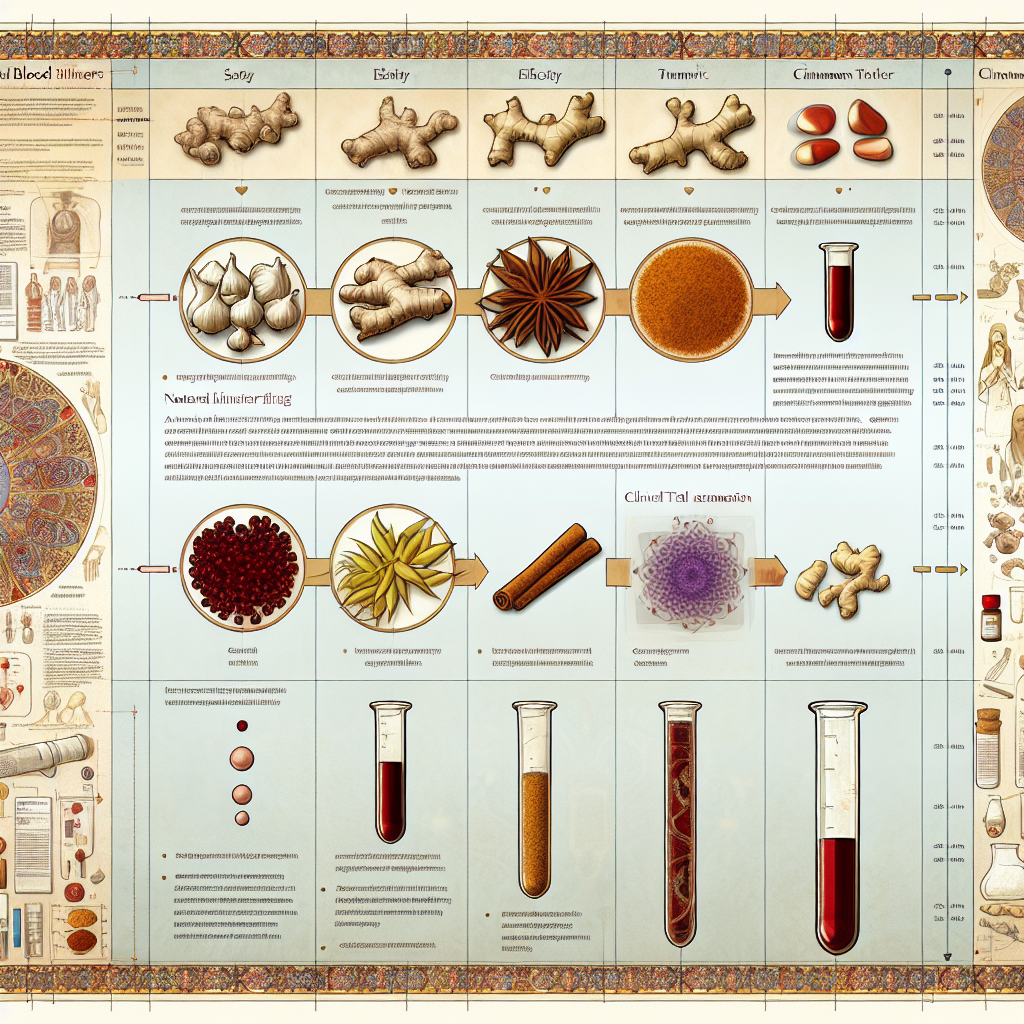Elimination Diet Protocol – Food Sensitivity Testing
Introduction
Food sensitivities are an increasingly recognized issue among individuals seeking answers to chronic, unexplained health concerns. Unlike food allergies, which produce an immediate immune response, sensitivities cause delayed symptoms such as digestive discomfort, skin irritation, fatigue, brain fog, and even changes in mood and joint pain.
The elimination diet is a proven approach for detecting problematic foods. This protocol calls for the removal of suspected food triggers—including common culprits like gluten, dairy, soy, eggs, and processed foods—for a period of 2–6 weeks, followed by systematic reintroduction.
It’s a transformative tool, often used by integrative doctors, naturopaths, and functional medicine practitioners. The elimination method is especially useful for those dealing with conditions like IBS, eczema, autoimmune diseases, and migraines.
In today’s world filled with processed foods, toxic additives, and gut-compromising substances, food sensitivity testing is no longer a luxury—it’s a necessity for those wanting long-term wellness. When the gut lining becomes inflamed or damaged, the result is often nutrient malabsorption and immune dysfunction.
The protocol works in harmony with other natural healing methods, creating a strong foundation for homeopathic and herbal treatments. Identifying food triggers through the elimination diet can lead to a lifetime of improved health and energy.
Features: Scientific Backing & Studies Supporting Elimination Diets
Scientific research supports the efficacy of the elimination diet for numerous health challenges, especially those with a suspected dietary component.
One significant study from Gastroenterology & Hepatology (2013) found that an elimination diet based on IgG antibody testing significantly reduced symptoms in patients suffering from Irritable Bowel Syndrome (IBS). The study stated, “the removal of specific foods positively impacted gastrointestinal symptoms,” affirming a direct link between diet and gut health.
For children with eosinophilic esophagitis (EoE), a chronic immune-mediated condition, researchers from the Journal of Pediatric Gastroenterology and Nutrition (2005) introduced the Six-Food Elimination Diet (SFED). This protocol—removing milk, soy, egg, wheat, nuts, and seafood—demonstrated notable symptom reduction and has become one of the leading non-pharmaceutical treatments.
Another 2014 study published in the Clinical and Translational Allergy Journal explored the link between food sensitivities and migraines. Patients following an elimination plan based on IgG test results experienced a measurable decrease in headache frequency and severity. This suggests food may trigger neurological symptoms through immune response mechanisms, not just digestive damage.
Dr. Mark Hyman, a thought leader in functional medicine, often promotes the use of elimination diets. On his official blog, he explains how hidden food reactions contribute to fatigue, acne, autoimmune flare-ups, and even mood disorders. According to Hyman, discovering individual food intolerances is often the key to reversing chronic conditions.
Skin conditions such as eczema have also responded well to this strategy. In a trial conducted by the University Hospital in Zurich, eczema symptoms decreased significantly following a three-month elimination diet. Upon reintroducing suspect foods, symptoms reappeared—further validating food’s role in inflammatory skin conditions.
From a long-term standpoint, identifying sensitivities helps maintain gut balance and reduces the likelihood of systemic inflammation, which plays a pivotal role in conditions like arthritis, diabetes, and autoimmune disorders. The gut’s profound influence on immunity—where up to 70% of immune cells reside—makes dietary precision essential for holistic healing, as highlighted by Harvard Health.
The elimination diet is no longer just an alternative solution—it is increasingly becoming a frontline strategy for preventative health care.
Conclusion
The elimination diet protocol stands as one of the most effective methods for detecting hidden food sensitivities and promoting lasting wellness. Instead of masking symptoms with short-term solutions like pharmaceuticals, the elimination diet addresses the root cause.
This approach is not only supported by empirical evidence but also aligns with the lifestyles of individuals choosing natural, homeopathic, or holistic treatments. It offers both a clear diagnostic path and a practical path to recovery.
Whether you’re experiencing chronic fatigue, recurring headaches, skin issues, or digestive distress, identifying specific food triggers may revolutionize your health. This protocol isn’t just about restriction—it’s about empowerment. Start simply, and by paying attention to your body’s cues, you may uncover the most personal and powerful form of healing: food as medicine.
Concise Summary
The elimination diet protocol is an evidence-based method that identifies hidden food sensitivities, helping reduce chronic symptoms like fatigue, skin irritation, digestive issues, and migraines. By temporarily removing common trigger foods, individuals can reset their gut health, lower inflammation, and discover which foods negatively impact their overall well-being. Supported by leading functional medicine doctors and scientific research, elimination diets are a holistic, drug-free approach to healing that integrates well with homeopathic and natural therapies. This personalized strategy not only uncovers dietary triggers but promotes long-term health by healing from the root cause—empowering individuals to reclaim their vitality through nutrition.
References
– Gastroenterology & Hepatology, “The Role of an Elimination Diet in the Treatment of Irritable Bowel Syndrome.”
– Journal of Pediatric Gastroenterology and Nutrition, “Elimination Diet for Pediatric Patients with Eosinophilic Esophagitis”
– Clinical and Translational Allergy Journal, “IgG elimination diet in migraine treatment”
– Dr. Mark Hyman’s Elimination Diet Guide
– University Hospital in Zurich, “Elimination Diet and Eczema Study”
– Harvard Health, “Understanding the Gut-Immune Connection”

Dominic E. is a passionate filmmaker navigating the exciting intersection of art and science. By day, he delves into the complexities of the human body as a full-time medical writer, meticulously translating intricate medical concepts into accessible and engaging narratives. By night, he explores the boundless realm of cinematic storytelling, crafting narratives that evoke emotion and challenge perspectives.
Film Student and Full-time Medical Writer for ContentVendor.com




